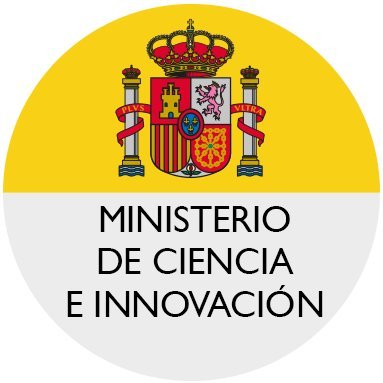Author: Ignacio Aguaded – Translation: Erika-Lucia Gonzalez-Carrion
The works published in highly indexed scientific journals are not usually the result of individual work, but of groups of researchers who, in a planned and rigorous way, undertake the resolution of problems from projects prepared and submitted to public research calls.
Obviously, it is possible to carry out research alone, whether it is the result of a doctoral thesis or any other type of research, because it is also possible for individuals to produce brilliant, genuine and valuable works that result in exceptional and outstanding manuscripts. But it must be recognized that these cases are only exceptions that confirm the rule, and that science worldwide has a high level of complexity that requires teams that are often multidisciplinary and super-specialized for their development.

Research work of excellence is supported by competitive projects that involve funding of greater or lesser importance in all organizations and branches of knowledge, where the experimentality coefficient varies in terms of support, resources, design and implementation of the project, etc., providing a certain strength.

In quality scientific journals there is a standardized final section in the manuscripts where this funding is collected through the label “Funding Agency”, as a sign of recognition of the organizations dedicated to funding competitive research of excellence, either nationally or internationally. At a European level, the European Commission has also been a reference in the field of funding for quality science, with the Framework Programmes and especially in the last decade with the “Horizon 2020”, with multiple channels and funding calls, projecting a highly competitive and multinational research.
In Spain, along with the policies of the Autonomous Communities with the powers transferred to the university, it is the Ministry of Science, in its various meanings, which has basically supported research of excellence in the public sphere. The traditional R+D+i have marked for years the Spanish scientific policy in the different fields of knowledge, registering the best research carried out in Spain, with a surprising constancy in front of the political ups and downs, although with important budget reductions in a period of crisis, more and more frequent.
At a global level, there are also organizations that support transnational research projects, but unfortunately their weight is very scarce and, in a turbulent world like the one we live in, they are increasingly scarce.
There are also private organizations, especially foundations, dedicated to supporting research, although they are very focused on technological-scientific and biomedical research, and barely present in the Social Sciences and even less in the Humanities.
CrossRef, a worldwide reference company as a nonprofit organization and oriented to improve access, communication and research in the academic community, has a product called FundRef that registers since 2013 the organizations that support and support research worldwide, generating a valuable ranking of funders that value quality research and their support to be recognized internationally.
